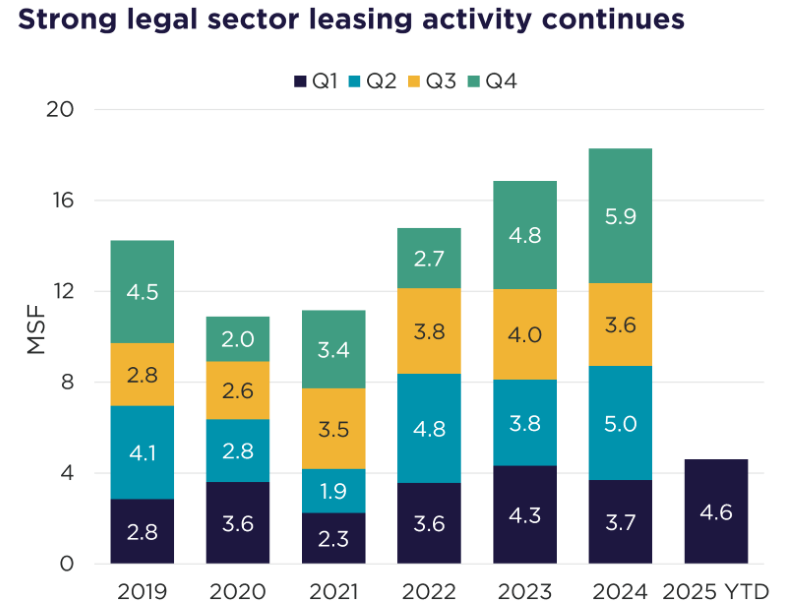Battle Continues Over Sale of Boston City Hall
Since the day in 1962 when its design was unveiled, Boston’s City Hall has been both admired and detested, loved by the architectural community and history aficionados and hated by many others, including a succession of Boston mayors. Described by one detractor as “a heavily muscled, thick-fingered, knuckle-dragging, semi-monstrous intransigent brute with a slow stupid…
Since the day in 1962 when its design was unveiled, Boston’s City Hall has been both admired and detested, loved by the architectural community and history aficionados and hated by many others, including a succession of Boston mayors. Described by one detractor as “a heavily muscled, thick-fingered, knuckle-dragging, semi-monstrous intransigent brute with a slow stupid stare,” the building belongs to an architectural style known as Brutalism, which celebrates rough textures; angular, blocky shapes; and exposed concrete. The building received an Honor Award from the American Institute of Architects in 1969, yet in 2004 the Project for Public Spaces named Government Center plaza, where city hall sits, as the world’s single worst public plaza. Amid ongoing complaints about, among other things, the building’s excessive energy usage, in December 2006 Mayor Thomas Menino proposed selling both city hall and its plaza to private developers and relocating the city’s seat of government to a waterfront site in South Boston. Menino had previously floated the idea of moving city hall in 1998, though nothing came of it at that time. Meanwhile, in April 2007, the Boston Landmarks Commission agreed to consider the building for designation as an historic landmark. Now another group has joined the fray. The newly formed Citizens for City Hall is lobbying for keeping city hall where it is, in the heart of the city, and revitalizing it into “a green, state-of-the art public building.” Co-founder Herbert Gleason, now an attorney in private practice, spent 11 years working in the building as a corporation counsel for the city and is unabashed about his feelings: “I always loved the building.” In particular, he admires the public spaces on the lower floors and the adaptability of the office spaces on the upper floors. “It is very grand on the lower levels,” he said, adding that he suspects that the building’s critics “think it’s too grand for Boston.” Better lighting for the building’s very high-ceilinged rooms, and more foliage and more public activities on the plaza outside, he contended, would go a long way toward mollifying those who are unhappy about city hall. In any case, Gleason said, relocating city hall and turning the current site over to developers would be a legal minefield. Not only would the majority of the current city council oppose the move, but because the Massachusetts constitution protects public spaces, the state legislature would have to approve the sale. Gleason called the road to privatizing the city hall site “very stony.”






